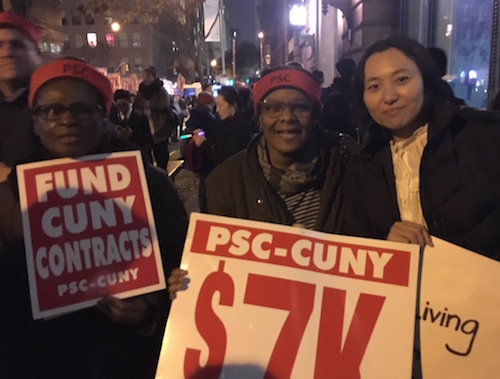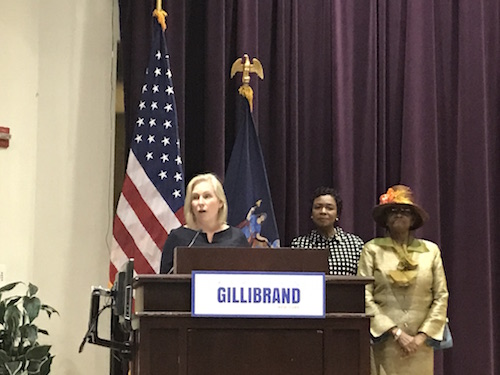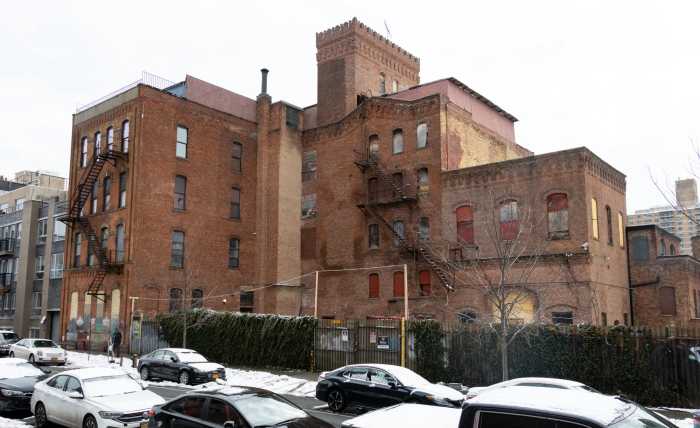City Council Member Robert Holden (R-Glendale, Maspeth, Middle Village, Ridgewood) joined Public Advocate Letitia James and other city and state elected officials listened to CUNY student testimonies on the ways in which divestment has impacted their education and their lives, at a Brooklyn College hearing on Wednesday.
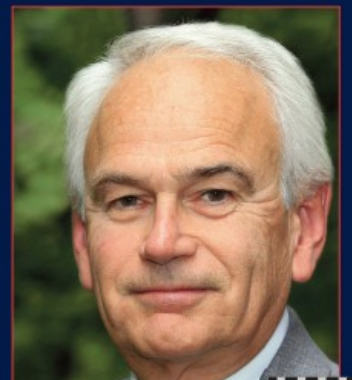
“For years, New York State has starved CUNY of funding and threatened to cut critical educational opportunity programs,” said Smitha Varghese, Queens College student and New York Public Interest Research Group (NYPRIG) Board of Directors Chairperson. “Students have successfully fought off these cuts, and have come together using the Student Activity Fee to educate and engage their peers. Under a CUNY Board of Trustees proposal that first amendment right may be under attack.”
The Board seeks to relinquish student’s control of the student activities fee, which covers services on campuses such as student government, childcare centers, media clubs, and CUNY student senate. Reversing the use of a referendum and refund system, in the Board’s proposal, would threaten the system that keeps campus press independent and supports activist groups like NYPIRG.
Students testified on rising tuition costs. Per-student state funding has declined 18% since the 2008 recession. Such a disinvestment has left only one in four (26%) of CUNY students to graduate on time. The state has ensured that New York is moving away from the prospect of a free university as tuition is expected to increase $200 next year. Coupled with Governor Cuomo’s proposed cuts to programs that help low-income students and people of color, the move would further remove the city’s lowest-income students from pursuing an education that could issue them into middle-class.
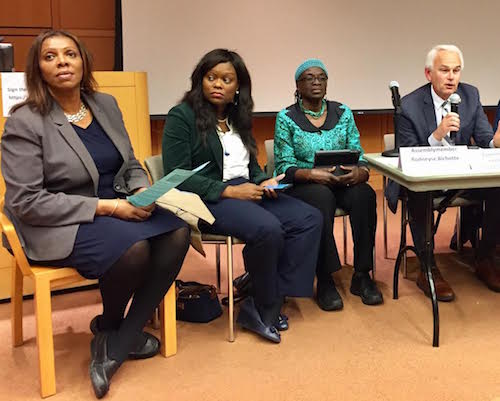
Holden, who taught at CUNY schools for 40 years, knows all too well why so few students graduate on time.
“We had problems getting course substitutions, as faculty, we had to argue on whether a student could graduate. Many times students would have to stay six more months to get the course that they needed, and that was through no fault of their own, because there wasn’t enough money in the budget to offer that class, or the class was ‘filled’,” said Holden.
The Councilmember was especially vocal on the lack of funding and proposals that disenfranchises students.
“CUNY is shortchanged. We were College of Technology but we didn’t have the technology. Many students graduating from high school had better technology than we had in my department at CUNY in Downtown Brooklyn,” Holden said.
Holden describes making due with less at CUNY while teaching graphic design, which in turn left students less prepared.
“We didn’t have smartboards, we didn’t have the latest software, yet we were expected to teach on a higher level and prepare students for the industry,” the lawmaker recalled.
In Brooklyn, 70% of people 25 and older do not have a bachelor’s degree. Investment in CUNY could change that. For many of CUNY’s diverse working-class students, education should be a means to the middle-class. But at present CUNY students are faced with cuts to programs that enable them to afford school, too few advisors, underpaid staff and adjuncts, deplorable and crumbling facilities, limited childcare options, tuition hikes and an overall lack of investment in their success.
The council member who is on the Committee on Higher Education, which has jurisdiction over CUNY, urged students to make their demands known to state officials.
“We have to go after the Governor on this one,” said Holden. “In his years as the Governor he [Cuomo] hasn’t funded CUNY, in my 40 years at CUNY, we’ve never gotten the funding that we deserve.”



